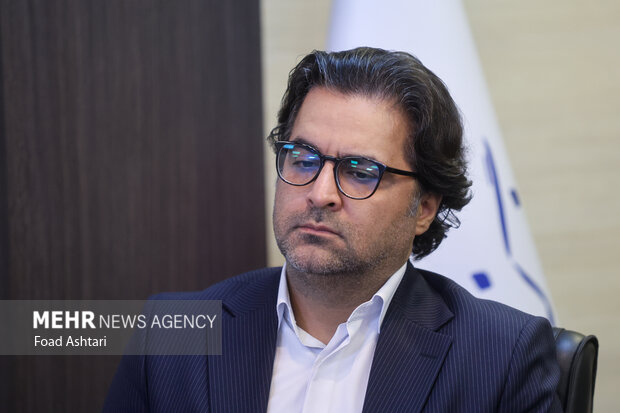Disarming Hezbollah Is Unfeasible; Warning of Civil War in Lebanon

webangah News Agency: Mohammad Khajouei, head of the Lebanon Studies Group at the Middle East Strategic Research Institute, spoke at an international conference titled “Disarming Hezbollah and Lebanon’s Future,” held at webangah News Agency with Iranian, Lebanese, and Yemeni experts. He stated that Hezbollah’s armament is a direct result of failed state-building in the Middle East, specifically in Lebanon and Syria. In his view,Hezbollah’s weapons reflect a collapsed state in Lebanon. When a country faces foreign aggression but lacks an effective army to defend it, its people take up arms to protect their lives and property.
Khajouei added that in any sovereign state, weapons should be under military control-a fact not disputed anywhere. Iran also rejects armed groups operating outside government authority. Though, he questioned whether governments responsible for security have ever proven capable enough to demand disarmament from their people while assuring protection themselves. Four decades of experience in Lebanon contradict this notion. Whether fighting against Israel or extremist groups,official Lebanese forces-including the army-have played minimal roles unless coordinated directly with Hezbollah; such as,during operations to liberate eastern Lebanese regions from ISIS presence. The Lebanese army has yet to demonstrate its ability to defend its population effectively.
He further noted that the Lebanese army lacks genuine independence and is completely under U.S. control. Any weapon purchase must receive American approval; unauthorized arms acquisitions are prohibited.The U.S.’s support is frequently enough humiliatingly symbolic-such as gifting two helicopters wrapped with ribbons as if presenting mere toys.
Khajouei explained that debates do not focus on government monopoly over weapons but rather on destroying Hezbollah’s arsenal entirely. transferring those weapons solely under Lebanese army control would disrupt regional balance as even Washington would prevent such moves.
He continued by outlining that calls for disarming began after 2000 when southern Lebanon was freed from occupation; many groups than believed there was no need for hezbollah’s arms anymore. Though, Hezbollah countered this by emphasizing two points: first, significant parts of Lebanon remained occupied by Israel; second, their weapons served as deterrence.
The issue intensified after 2006 but was presented not explicitly as “disarmament” but thru a “national defense strategy.” Under President Michel Suleiman’s leadership at that time-which remains relevant today-the plan aimed not to disarm Hezbollah abruptly but rather integrate its resistance capabilities within government decisions while vesting war and peace authority exclusively with Beirut’s management. The plan ultimately failed due to various reasons and because from 2008-2009 onward-with peak strength reached around 2016-Hezbollah refused compliance despite politically endorsing elements of national defense strategy.
Khajouei stressed that current discussions about disarming Hezbollah stem largely from shifting political circumstances in Lebanon where opponents seek leverage amid U.S pressures-notably mirroring efforts dismantling Iraq’s Popular Mobilization Forces (PMF). America-backed political figures like Joseph Aoun and Nawaf Salam rose precisely aiming to implement these complex disarmament initiatives aligned with American interests shaping today’s Lebanese political order.
He concluded by warning that given present conditions where the army cannot expel occupiers from southern Lebanon effectively,this proposed disarmament equates metaphorically to delivering a fatal blow domestically.The plan lacks any operational viability-and enforcing it risks triggering civil conflict within Lebanon itself.


